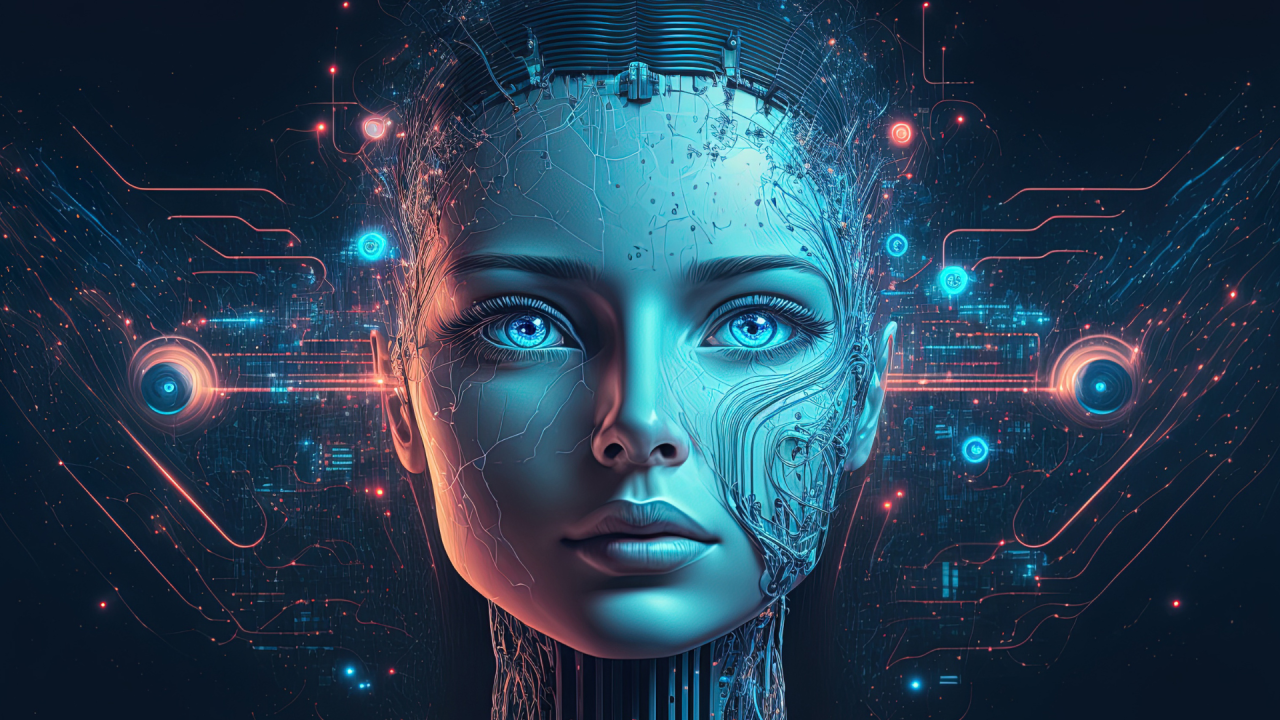
Free AI: Transforming Industries, Empowering People
Artificial Intelligence (AI) has emerged as a revolutionary force, transforming industries and reshaping the way we live and work. In recent years, the advent of face swap AI, accessible to all, has accelerated this transformation, democratizing the power of artificial intelligence and empowering individuals and businesses alike. This blog explores the profound impact of Free AI on various industries and how it is fostering innovation, efficiency, and inclusivity.
The Rise of Free AI:
Traditionally, AI technology was confined to tech giants and large enterprises due to the high costs associated with development, implementation, and maintenance. However, the landscape has shifted with the rise of Free AI, making powerful machine learning tools accessible to everyone. Open-source AI frameworks and platforms, coupled with community-driven collaboration, have ushered in a new era where individuals and small businesses can harness the potential of AI without financial constraints.
Empowering Small Businesses:
Free AI has leveled the playing field for small businesses, enabling them to compete with industry giants. From predictive analytics to natural language processing, small enterprises can now leverage advanced AI tools to streamline operations, enhance customer experiences, and make data-driven decisions. This democratization of technology fosters innovation, allowing smaller players to disrupt established markets and explore new opportunities.
Education and Skill Development:
The accessibility of Free AI has also democratized education, making it easier for individuals to acquire AI skills. Online courses, tutorials, and open-source resources empower people from diverse backgrounds to learn and apply AI concepts. This democratization of knowledge not only enhances individual career prospects but also contributes to a more inclusive workforce in the AI-driven future.
Healthcare Revolution:
In the healthcare sector, Free AI is making significant strides in diagnostics, drug discovery, and personalized medicine. Open-source AI tools are facilitating collaborative research, accelerating breakthroughs, and lowering the barriers for healthcare professionals to adopt AI solutions. This transformation not only improves patient outcomes but also makes cutting-edge healthcare accessible to a broader population.
Community-Driven Innovation:
The collaborative nature of Free AI encourages community-driven innovation. Developers, researchers, and enthusiasts worldwide contribute to open-source AI projects, leading to the rapid evolution of technology. This collective effort results in diverse perspectives, creative solutions, and the continuous improvement of AI algorithms and models.
Ethical Considerations:
While the democratization of AI brings numerous benefits, it also raises ethical considerations. Ensuring responsible AI use, addressing biases in algorithms, and maintaining data privacy are crucial challenges that need ongoing attention. The Free AI community must work collectively to establish ethical guidelines and promote transparency to build trust and mitigate potential risks.
Conclusion:
Free AI is not merely a technological advancement; it represents a paradigm shift in the way we approach artificial intelligence. By breaking down barriers and making AI accessible to all, it is transforming industries, empowering individuals, and fostering a more inclusive and innovative future.